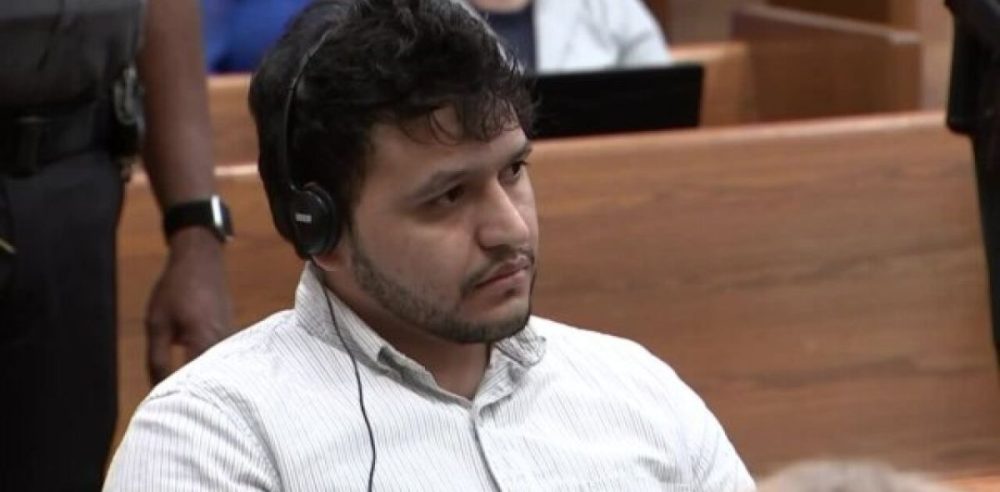In Athens, Georgia, the murder trial of Jose Ibarra, an illegal Venezuelan, began with prosecutors presenting a harrowing account of the killing of 22-year-old nursing student Laken Riley.
They alleged that Ibarra targeted Riley while she was jogging near the University of Georgia campus on February 22, 2024, intending to sexually assault her.
When Riley resisted, he fatally attacked her.
Prosecutor Sheila Ross emphasized Riley’s courage, stating she “fought for her life” during an 18-minute struggle. Evidence showed DNA under Riley’s fingernails and a thumbprint on her phone, which matched Ibarra’s, the New York Post reported.
Surveillance footage captured Riley’s final moments, prompting emotional reactions from her family in the courtroom.
The defense, led by attorney Dustin Kirby, argued that the evidence against Ibarra was circumstantial, raising doubts about the reliability of DNA and fingerprint analysis. He questioned whether holes in the gloves Ibarra allegedly wore could have left a thumbprint and highlighted the involvement of Ibarra’s brother in handling evidence.
Ibarra, linked to the Tren de Aragua gang, had been arrested twice previously in the U.S. but was released due to immigration processing constraints. The case has ignited national debates about immigration policies and public safety.
Riley’s attack, described as a random “crime of opportunity,” has drawn widespread attention. Prosecutors decided against pursuing the death penalty but seek life imprisonment without parole.
As the trial proceeds, the evidence and witness testimonies are expected to play a critical role in determining the outcome of this high-profile case.
Written with the assistance of artificial intelligence.


